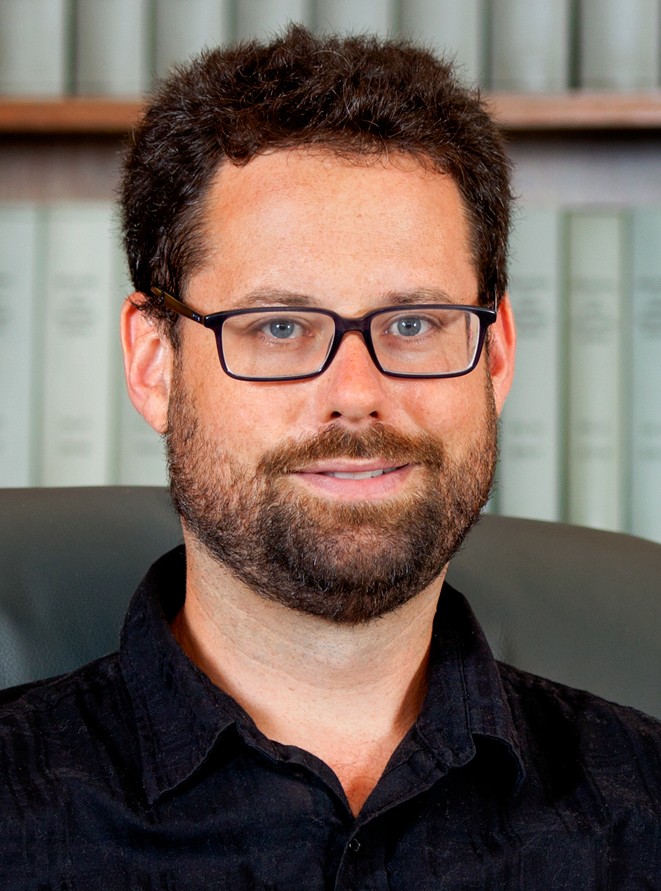Unemployment course gets Engaged Curriculum funds
By Julie Greco
Unemployment is a cause of many social ills, but U.S. public policy has been notoriously ineffective in preventing it or blunting its effects.
That is the foundation upon which Ian Greer, M.S. ’03, Ph.D. ’05, a senior research associate in the ILR School, built a class – Unemployment: Causes, Experiences and Responses – with the help of a $10,000 Engaged Curriculum Grant from the Office of Engagement Initiatives (OEI) during the 2017-18 academic year.
“There’s not another course at Cornell like it,” Greer said. “It’s an interdisciplinary course that has guest lectures from the legal aid community, the U.S. Department of Labor and the trade union movement, as well as different schools at Cornell. It mobilizes a lot of different expertise from different practical and academic angles for students to learn about many aspects of unemployment.”
In August, Greer’s team – which includes Paul Davis of the ILR School; Michaela Azemi and Steward Schwab from Cornell Law School; and community partners LawNY, Harold Oaklander and Miller Mayer, LLP – was awarded a $46,000 development grant from OEI to implement a few changes and continue with the course.
In its first iteration, the course had a community-engaged learning component that included two half-day summits, as well as trips to courtrooms to observe cases involving unemployment insurance benefits, housing and public assistance. LawNY, a nonprofit law firm that provides free legal assistance to people in 14 counties across western New York, was instrumental in both the summits and providing the appropriate court cases for observation, Greer said.
“The engaged learning piece is really powerful because it takes students out of their comfort zones,” Greer said. “We had students coming face to face with people who had really bad things happening to them.”
The spring 2020 version of the class will offer the opportunity for students to work directly with LawNY as it provides assistance to its clients. Kelly McGovern, LawNY director of pro bono affairs, said students will receive training next semester to be able to work with clients as they prepare for hearings.
The hearing process is complex, McGovern said.
“People have to apply online or by phone, so a lot of the work we do is helping them navigate a process that they, for a variety of reasons, may not be able to,” she said. “Do they have a computer? Do they have a phone? Do they have minutes on their phone? Do they speak English? Can they read and write? Do they understand what's being asked? All of those things can cause a barrier.
“Then once they get through that process and they’ve applied, and their benefit claim is rejected, we support them at the hearing,” McGovern said. “I see people visibly have the stress lifted off them because they know someone will be there with them through this process against an employer and an administrative judge. It can be really emotional.”
At the end of the spring semester, two students will be offered paid summer internships through LawNY.
“For some of the students, just talking to the lawyers is impressive because they’re seeing someone who has spent a long career fighting for the rights of working-class people in a very concrete way,” Greer said. “Through this course, some students realize they can do something for a career that makes the world a better place.”
Julie Greco is a communications specialist with the ILR School.
Media Contact
Get Cornell news delivered right to your inbox.
Subscribe


